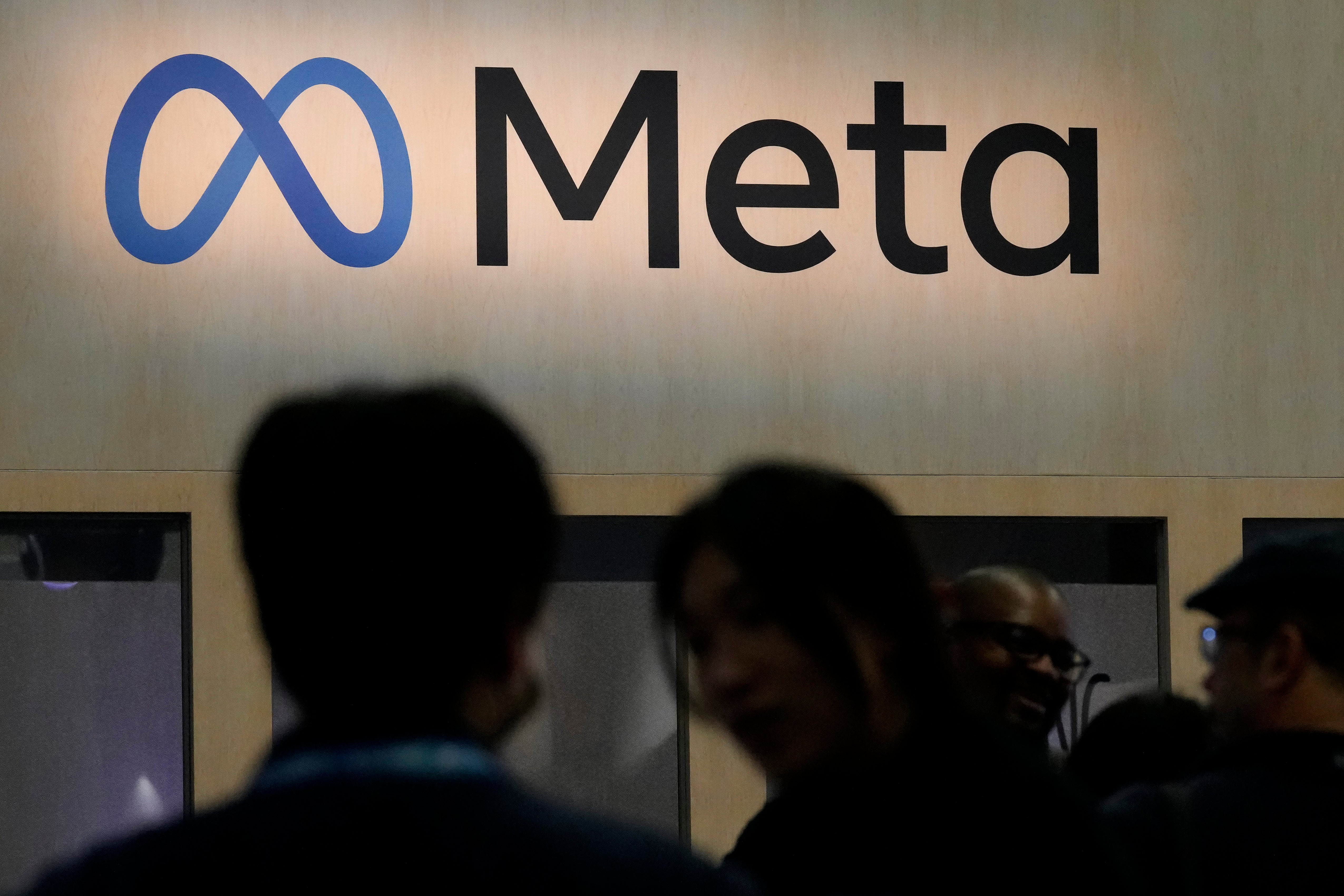Court document claims Meta knowingly designed its platforms to hook kids, reports say
A newly unsealed legal complaint claims Facebook parent Meta Platforms deliberately engineered its social platforms to hook kids

Facebook parent Meta Platforms deliberately engineered its social platforms to hook kids and knew — but never disclosed — it had received millions of complaints about underage users on Instagram but only disabled a fraction of those accounts, according to a newly unsealed legal complaint described in reports from The Wall Street Journal and The New York Times.
The complaint, originally made public in redacted form, was the opening salvo in a lawsuit filed in late October by the attorneys general of 33 states.
Company documents cited in the complaint described several Meta officials acknowledging the company designed its products to exploit shortcomings in youthful psychology such as impulsive behavior, susceptibility to peer pressure and the underestimation of risks, according to the reports.
Others acknowledged Facebook and Instagram also were popular with children under age 13 who, per company policy, were not allowed to use the service.
Meta said in a statement to The Associated Press that the complaint misrepresents its work over the past decade to make the online experience safe for teens, noting it has “over 30 tools to support them and their parents.”
With respect to barring younger users from the service, Meta argued age verification is a “complex industry challenge.”
Instead, Meta said it favors shifting the burden of policing underage usage to app stores and parents, specifically by supporting federal legislation that would require app stores to obtain parental approval whenever youths under 16 download apps.
One Facebook safety executive alluded to the possibility that cracking down on younger users might hurt the company's business in a 2019 email, according to the Journal report.
But a year later, the same executive expressed frustration that while Facebook readily studied the usage of underage users for business reasons, it didn't show the same enthusiasm for ways to identify younger kids and remove them from its platforms, the Journal reported.
The complaint noted that at times Meta has a backlog of up to 2.5 million accounts of younger children awaiting action, according to the newspaper reports.